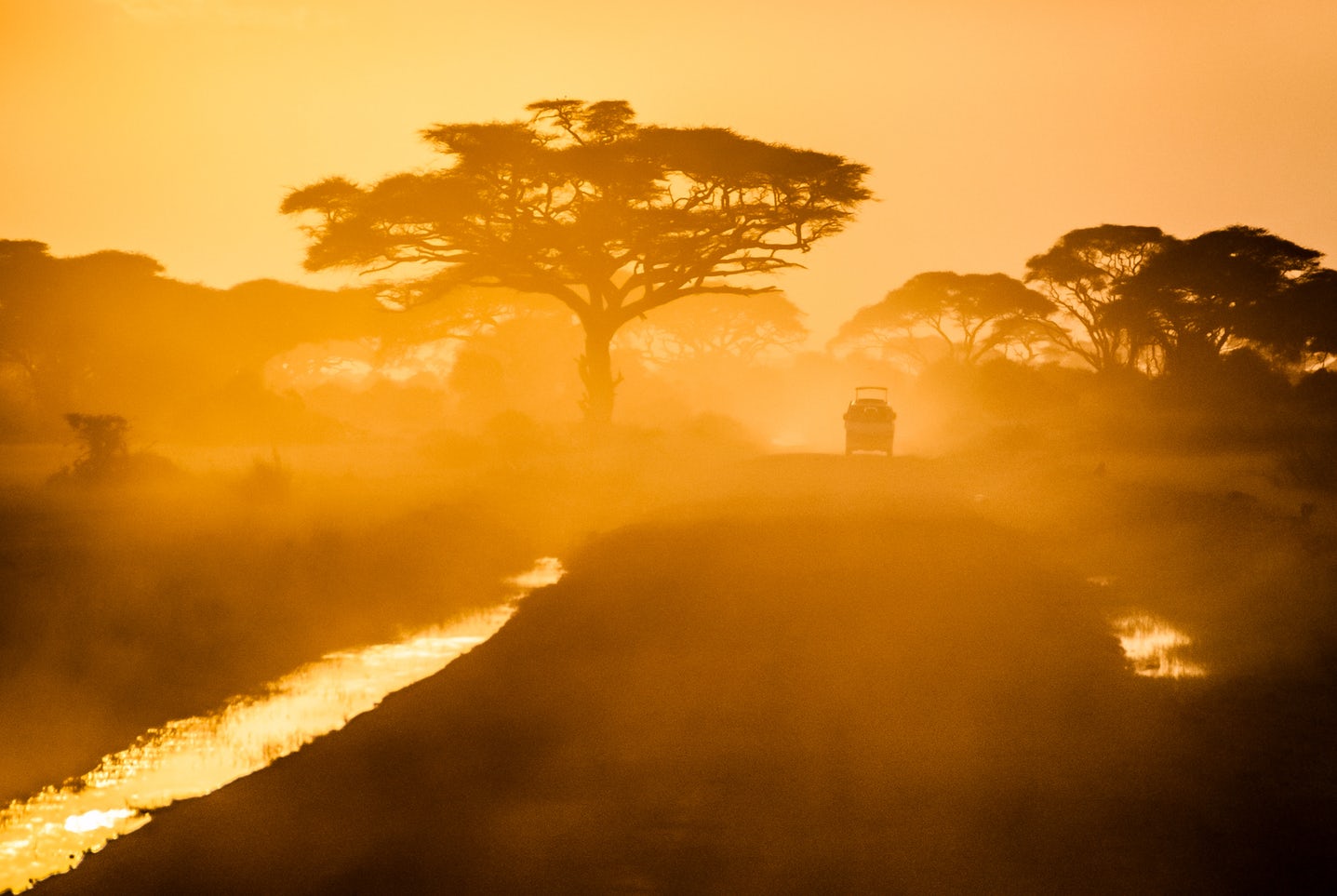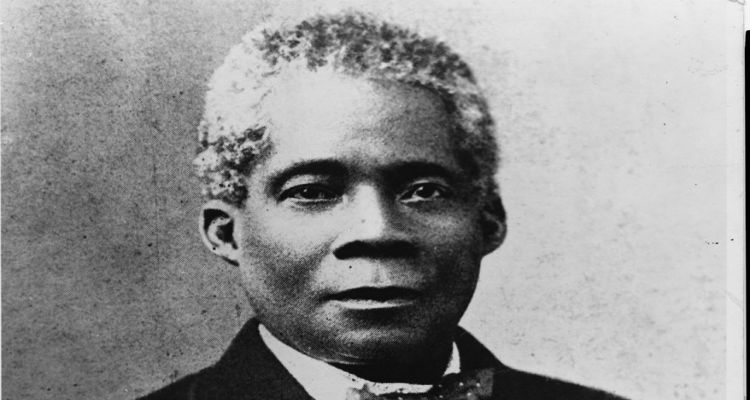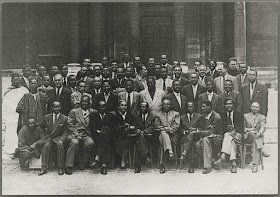Know Africa 2: The Harbinger of African Colonialism

African history is filled with the tall moments of Pan-Africanism which should interest my friends on Steemit wishing to know about Africa.
In case you missed the first part of the series, you may find it here
This philosophy of Pan- Africanism is based on the belief that Africans share common connections, ties and goals. Pan-Africanism developed outside the black man’s home in the late 19th and early 20th centuries. This feeling of denigration developed as a response to the impacts of colonialism in Africa.
Just like it was written in the first series that scramble for Africa heralded colonialism and imperialism in Africa but the response to this colonialism is Pan-Africanism.
Activists from Africa in the mid-20th century espoused the idea of Pan-Africanism as a vehicle to push for the independence of African states. Africans resisted white man domination from their earliest contacts. Some of the early Pan-Africanists sought to unite Africa as one independent nation. As seen outside the continent of Africa today.
That is, Africa is seen as a nation. These ones want the unity of the people within Africa. Other early Pan-Africanists were after the solidarity and cooperation of black man both at home and outside the shores of Africa. It is believed that Edward Wilmot Blyden, a Caribbean-born Liberian educator, may have coined the term Pan-Africanism.
 Credit:Edward Wilmot Blyden
Credit:Edward Wilmot Blyden
In 1900 Henry Sylvester Williams, a lawyer from the Caribbean Island of Trinidad, organized a Pan-African conference in London to give black people the opportunity to discuss issues affecting blacks in the world.
The conference attracted a small but significant representation of Africans and people of African descent from the Caribbean and the United States, as well as whites from Britain.
.png)

Pan Africanism is a sure way to collective self reliance and way out of any external involvement in our political, economic matters etc as experienced by some of our brothers. There is strength in unity and pooling resources together. Another great work @lemmybe
Thank you, my brother. Its just so amazing looking into history, how we came to this state, what channel of opportunities to harness for the future. The unity of camaraderie of the early blacks and Africans appeals me a lot. Thank you, bro for reading.
I really like your post and I really enjoy it